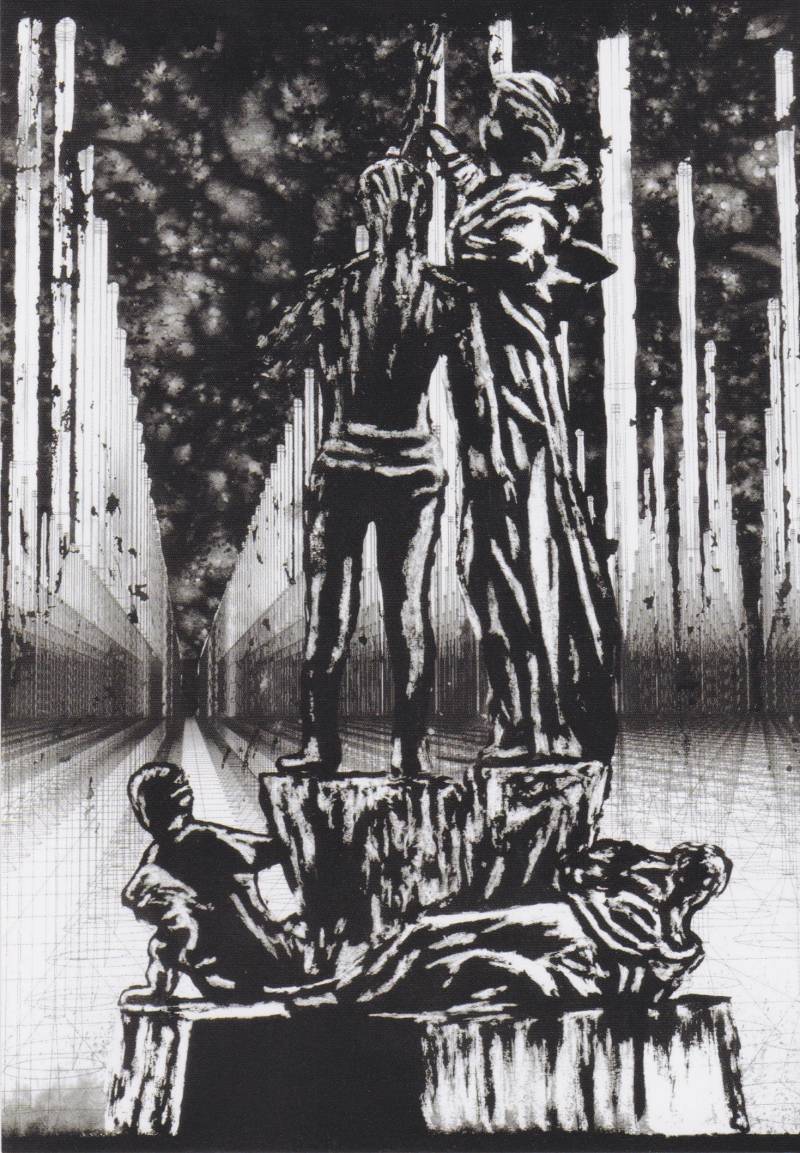
An Empty Plot of Land
The map of Beirut is consistently punctuated by discontinuous gaps; these gaps make reference not to architectural entropy or to the juxtaposition between fading structures and the modern skyline. These empty plots of land, neither public nor private, serve by no means a purpose in the grammar of the city; they are only voids accelerating discontiguity. Just like the landfill at the outer edge of Solidere, filled with the rubble from the Civil War, these plots of land are accidental memorials, that while no longer radiating specific historical waste, are not yet closed for the labor of mourning. In this solo show, Alfred Tarazi (b. 1980] dismantles the possibility of a war memorial and dispossesses it from monumental qualities, in the search of a more relational mode of engagement with deep traumatic memory. Through narrative fragments and temporary reappropriation of these otherwise empty plots of land, Tarazi digs out cinematic sequences that open up as additional territories:
The stories, often apocryphal, are meticulously reconstructed from actual archives, not without irony, treating fiction and perception as the same medium. Manifold transgressions are effected, characteristic of the experience and memory of war, but their validity is not subject to scrutiny here. Our attention is fixed towards the visual culture of violence and the saturation of memory discourse in the present. It is in this immersive environment of the installation, that the empty plots of land, situated as dispersions and displacements, disclose and arrange their own fertile debris temporarily, revealing a human field of remembrance without pointers of redemption:
It is reaching for the void, for the empty barren land.
Arie Amaya-Akkermans